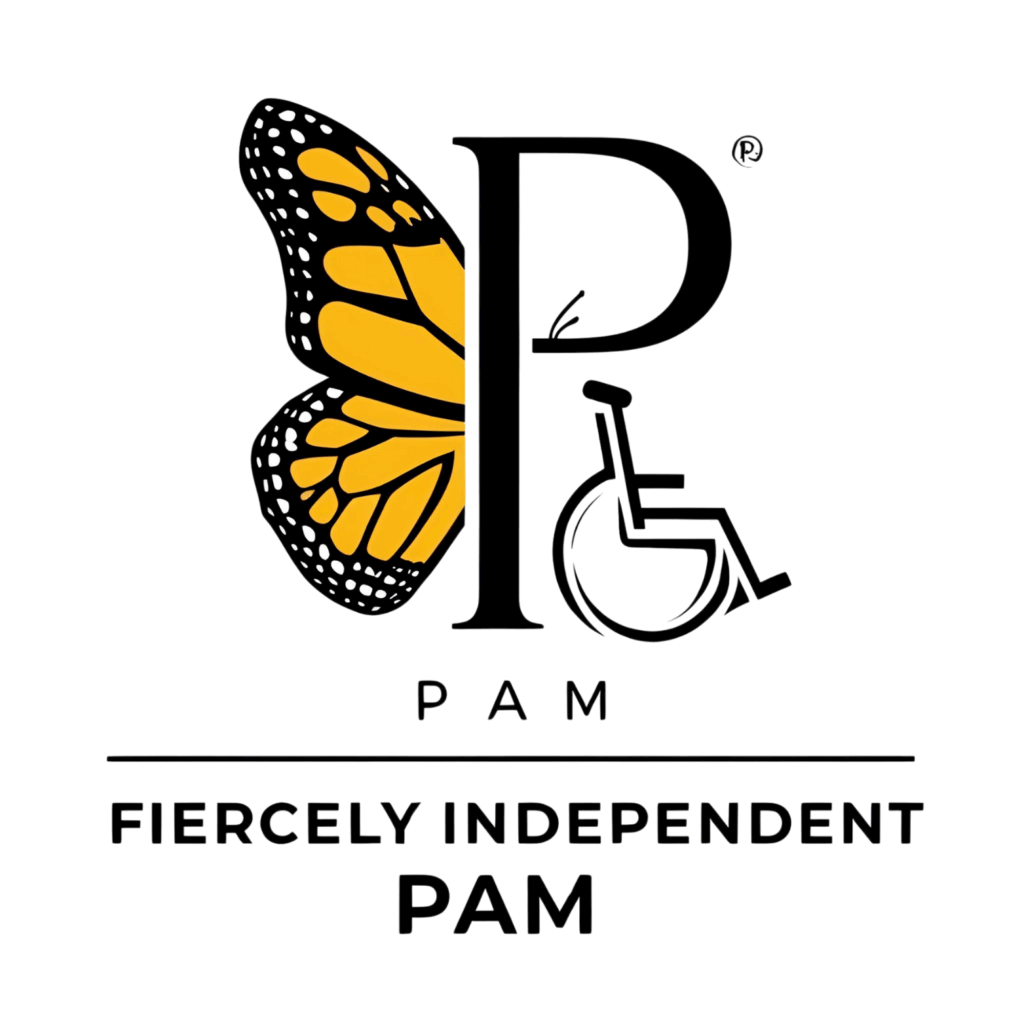SO, I’m still stuck at the hospital awaiting a new picc line, everything else is all set to go home. I wish I was stronger and felt more confident about getting up and about, but it is beyond time to leave here and just “make it happen.”After all, my Zeen is awaiting me, along with my comfy bed.
My Zeen is awaiting me and I am eager to try it out and use it for meals and getting around. It will be a big game changer for me in terms of using my legs and not always being “stuck” in my awesome wheelchair. I will be sure to post some videos once I get the hang of it and such. Decorating the Zeen is of high priority as well!
I am glad too to not being taking the foley catheter with me, of course this means I have to be able to manage the toilet and self-cathing again. The foley causes so many problems including kinks and what I call “floods” meaning I feel like I have to pee but its happens too quickly to do anything with. So, I make a mess. Hopefully, once I get home and back on my regular meds and without a foley, I’ll stay dryer.
In other worlds, I found this image and it too fits me like a “T” Mostly about needing to stop and get some food. I miss my friend who is in rehab from shoulder surgery and looking forward to reconnecting with her again. She is working hard at rehab and hopefully all the hard work will pay off. We are not necessarily “a ride and die” type of people, but I do trust her with my life and count on her as part of my “Tribe.”

